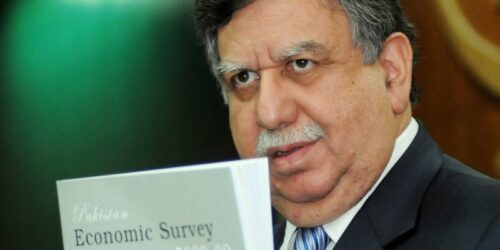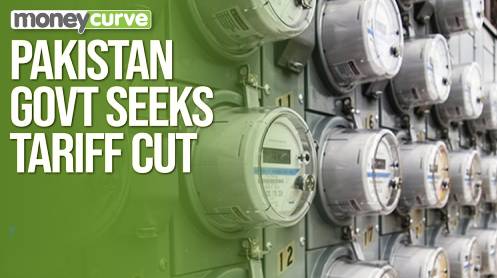Federal Finance Minister Shaukat Tarin has said that it was unjustified for the International Monetary Fund to force Pakistan to increase its electricity tariff and that they would review the programme.
He criticized the IMF for setting conditions that in his opinion have been affecting Pakistan’s economy negatively. On the IMF instructions, Pakistan promised to increase taxes by a massive Rs1.272 trillion and jack up electricity rates by almost Rs4.97 per unit in the remaining three months of this current fiscal year. The IMF said it was necessary to make electricity more expensive because swelling circular debt has been dragging the economy down.
He said that Pakistan’s economic wheel has not been moving and an increase in the power tariff was only increasing corruption.
“Inflation is rising day by day due to the increase in the electricity tariff,” said the finance minister.
Islamabad had signed the 39-month EFF or bailout program with the IMF to avert sovereign default because of a balance-of-payments crisis in 2019. The program will cost Pakistan $180 million in interest payments at less than 3% to be paid in 10 years. This is a cheaper financing option than market-based loans, but it comes with certain conditions.
In our case, these conditions include reforms in the energy sector, broadening the tax net, market-based exchange rates and restructuring of government-owned companies that are in loss.
Pakistan’s performance on these reforms is reviewed every quarter during the program. Subject to satisfactory performance, the IMF releases more funds. Pakistan had successfully completed the first review of the bailout program in 2019. Following the review, the IMF dispatched a second tranche of $452 million.
Earlier this year, the IMF announced the program has resumed. After completing the second review, the fund said that Pakistan’s performance has been satisfactory. Policies critical to supporting the economy and saving lives and livelihoods have been implemented.
As part of the conditions, Pakistan has raised electricity prices to contain inter-corporate debt in the energy sector.





